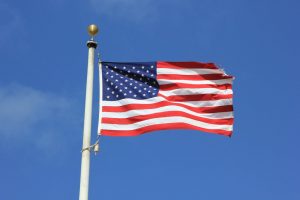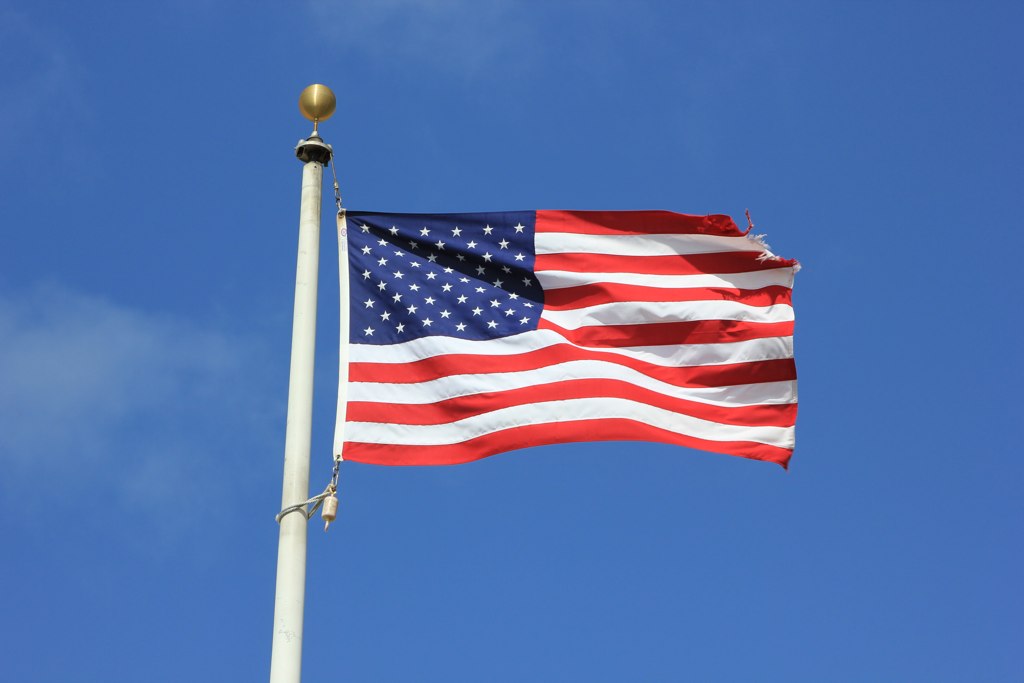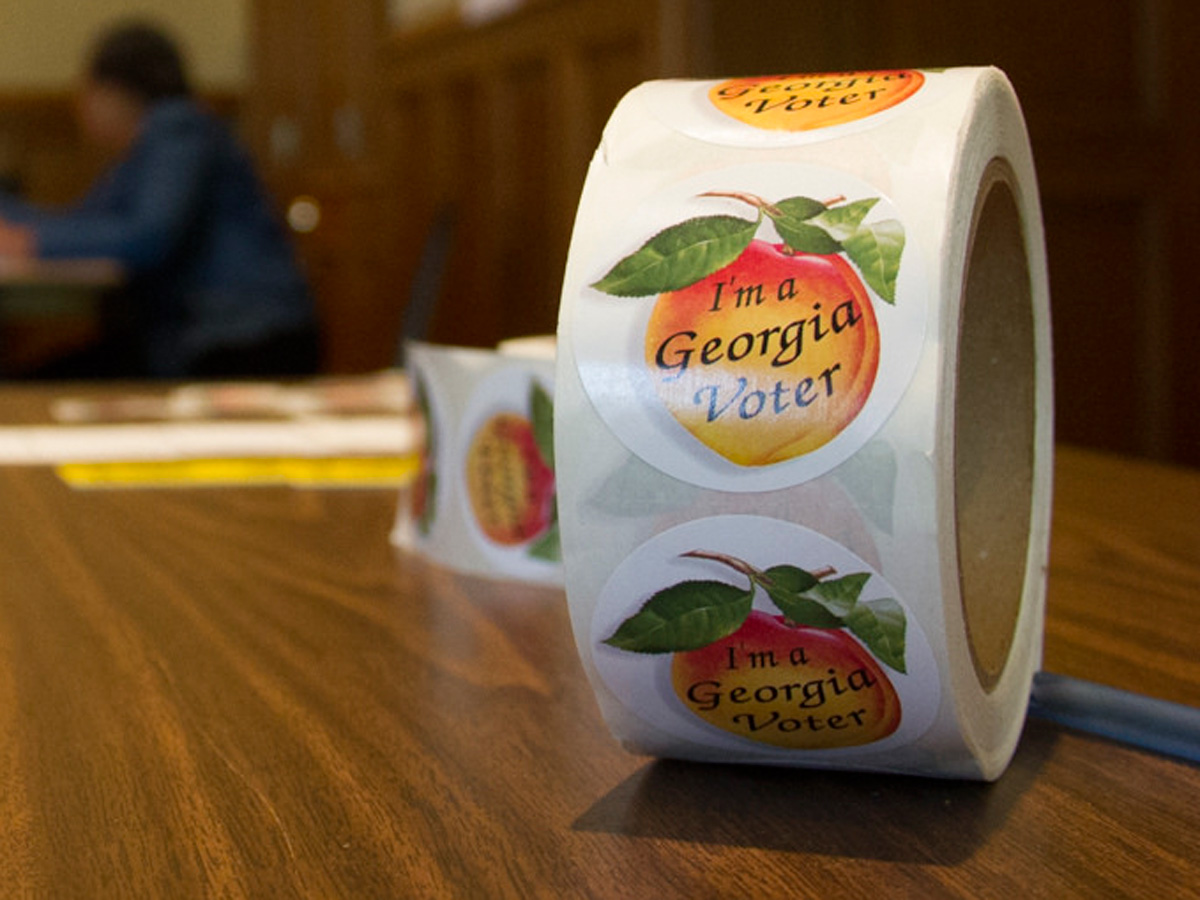
Winston Churchill once said “History is written by the victors.” That certainly seems to be the case for six Georgia state senators, who introduced a resolution in January stating their disapproval of the new Advanced Placement United States History (APUSH) framework for the 2015-2016 academic year.
Advanced Placement courses offer an outstanding opportunity for high school students to receive college credit. After completing an AP course, students can take AP exams that mirror the rigor of college finals. If they pass, students can bypass that course in college. Over 14,000 high school students in Georgia took the APUSH course and exam last year, all hoping to receive some college credit for their efforts in the difficult class.
In 2012, the CollegeBoard (who writes the AP curriculum) introduced a new framework for APUSH. The framework for all AP courses is an outline intended to lay out the standards that students will be tested on in the end-of-the-year exam. Some Georgia lawmakers seem to have an issue with the new APUSH curriculum.
S.R. 80, the resolution introduced onto the Senate floor, says “the framework presents a biased and inaccurate view of many important themes and events in American history.” Specifically, the six state senators believe the outline doesn’t give enough attention to the Founding Fathers, the American free enterprise system, the Cold War, and America’s role in WWII. Sen. William Ligon from Brunswick, Georgia even goes as far to state that “our best and brightest students are being immersed in the negative aspects of our nation’s history, while the positive accomplishments Americans worked hard for, are minimized or omitted altogether.” These legislators think that APUSH should focus more on the great parts of American history instead of the negative parts. It doesn’t feel very patriotic to learn about the atrocities committed against the Native Americans or the roots of slavery, America’s “peculiar institution.”
If nothing is changed in the CollegeBoard outline, the resolution moves to withhold funds for APUSH courses within the state. This means that schools would not receive money for APUSH textbooks and teachers would not be able to attend professional development workshops.

Georgia isn’t the only state that is having issues with the new outline. Oklahoma, Texas, South Carolina, North Carolina, and Colorado have also issued legislation that condemns the new framework both at the local and state level. The Oklahoma legislature made national news when one of its committees approved a bill that cuts all funding for APUSH. The discussion has fired up the nation. APUSH trended nationally on Facebook and Twitter for several days after the incident in Oklahoma. Many students of Jefferson County Schools in Colorado were angered by a decision made by their local school board to review the new APUSH outline. Some were so upset they even attended a school board meeting to protest. One student declared “True patriotism ought to be based upon accurate understanding of American history, and not a biased promotion of American exceptionalism.”
The CollegeBoard has continued to defend their outline throughout this controversy. Recently Trevor Packer, the senior vice president for AP and instruction at the CollegeBoard, actually met with both the Georgia Senate and House Committees on Education to discuss their issues with the framework. When many lawmakers said that they felt that the new framework didn’t talk about the Founding Fathers enough, Packer responded by saying “Rather than reducing the role of the Founders, the new framework places more focus on their writings and their essential role in our nation’s history, and recognizes American heroism, courage and innovation.” Thinking in a critical manner is what really separates APUSH from a normal high school history class. Students are not just memorizing dates or regurgitating facts. APUSH focuses on students understanding what those facts mean and seeing their lasting impact on America society.
To gain a full understanding of U.S. history, students should learn about the events that America isn’t so proud of today. Japanese internment, slavery, the Trail of Tears—these are all things that can make students cringe, but they are essential to understanding the country we are today.

Should more time be spent discussing Roarin’ Twenties, while Japanese internment is reduced to a mere paragraph? America is an amazing nation but that doesn’t mean we should gloss over the gritty parts of our history. Our nation has had more than two centuries of important, nuanced history, both good and bad. Students should learn about America’s victories, but also about the times where America stumbled as a nation. Teach students about the smallpox blankets early Americans used to kill off Native Americans, teach them about the real impact of slavery and Japanese interment.
Glossing over the ugly parts of history has dire consequences. For example, a textbook in Texas in 1983 omitted any mention of President Franklin Delano Roosevelt’s New Deal because the school board saw his policies as socialist. Needless to say, learning how the New Deal affected the American economy and helped lifted us out of the Great Depression is essential to understanding everything from present day fiscal policy to standards of review in constitutional law.
Education is the most powerful weapon in the world. But that power must be used responsibly. The best way to honor our history is to acknowledge our mistakes and learn from them. Because of our past atrocities, we now understand to not let fear control our common sense. Learning about mistakes helps younger generations build a better future. After all, as Churchill reminds us, “Those who fail to learn from history are doomed to repeat it.”


